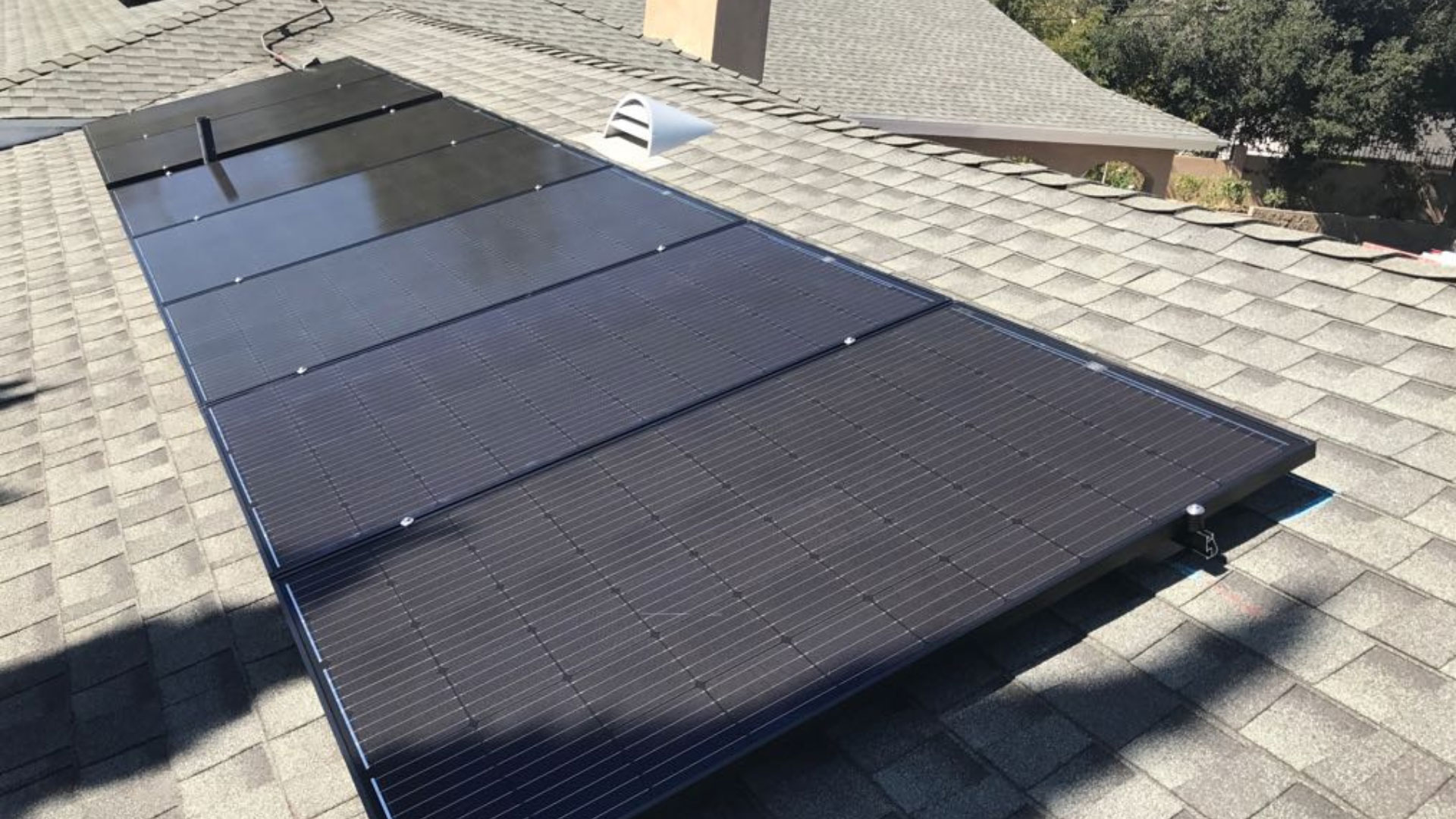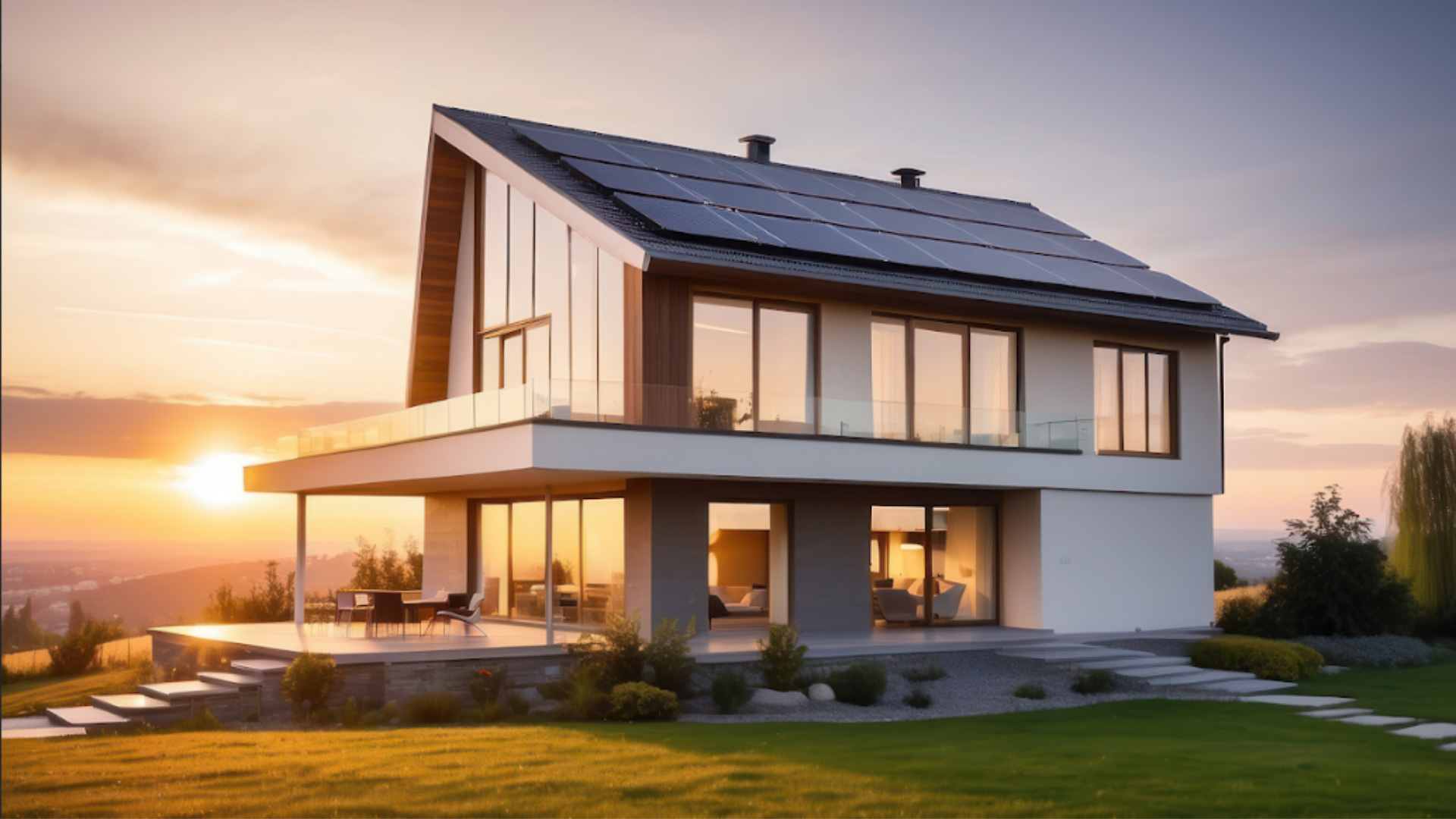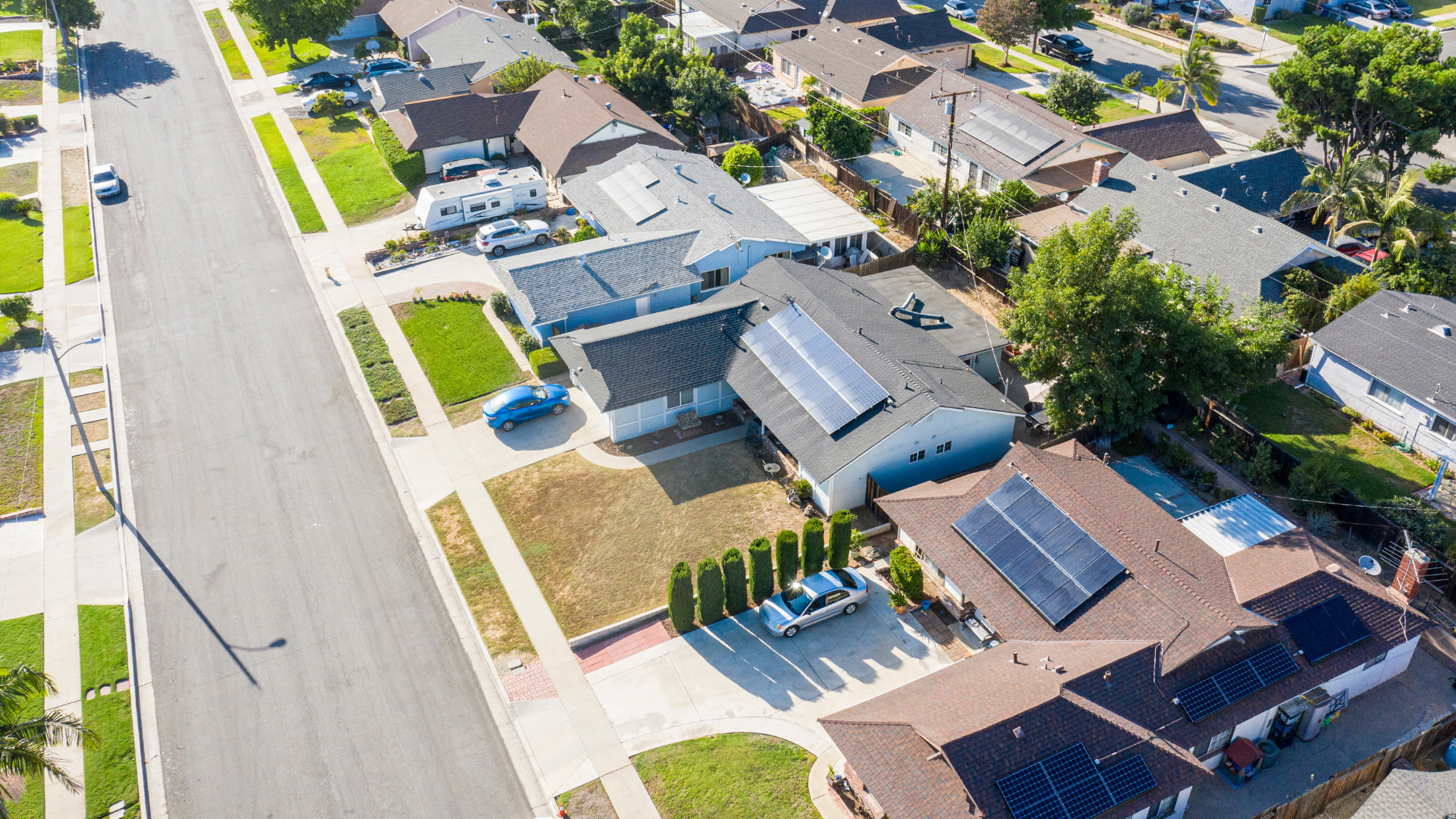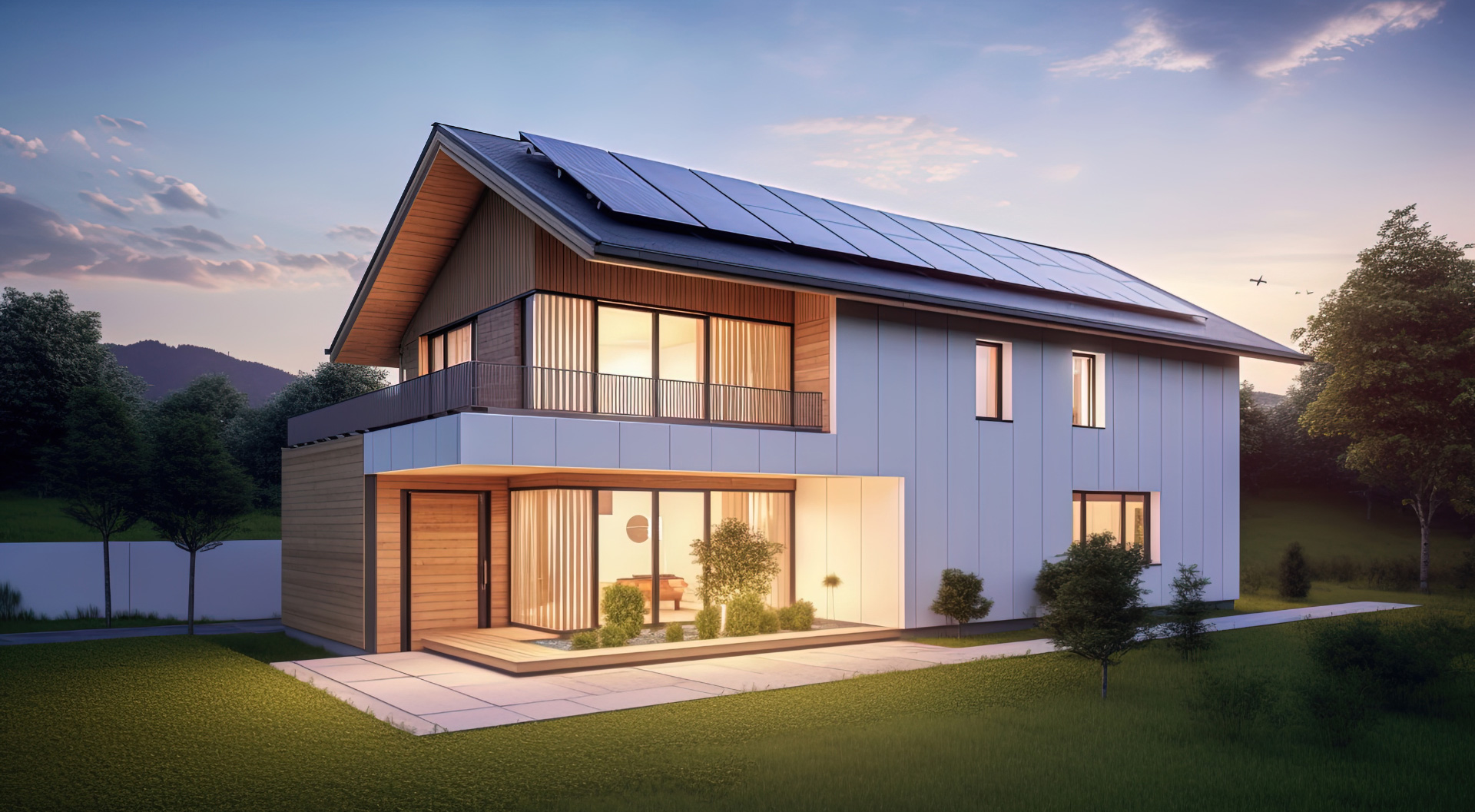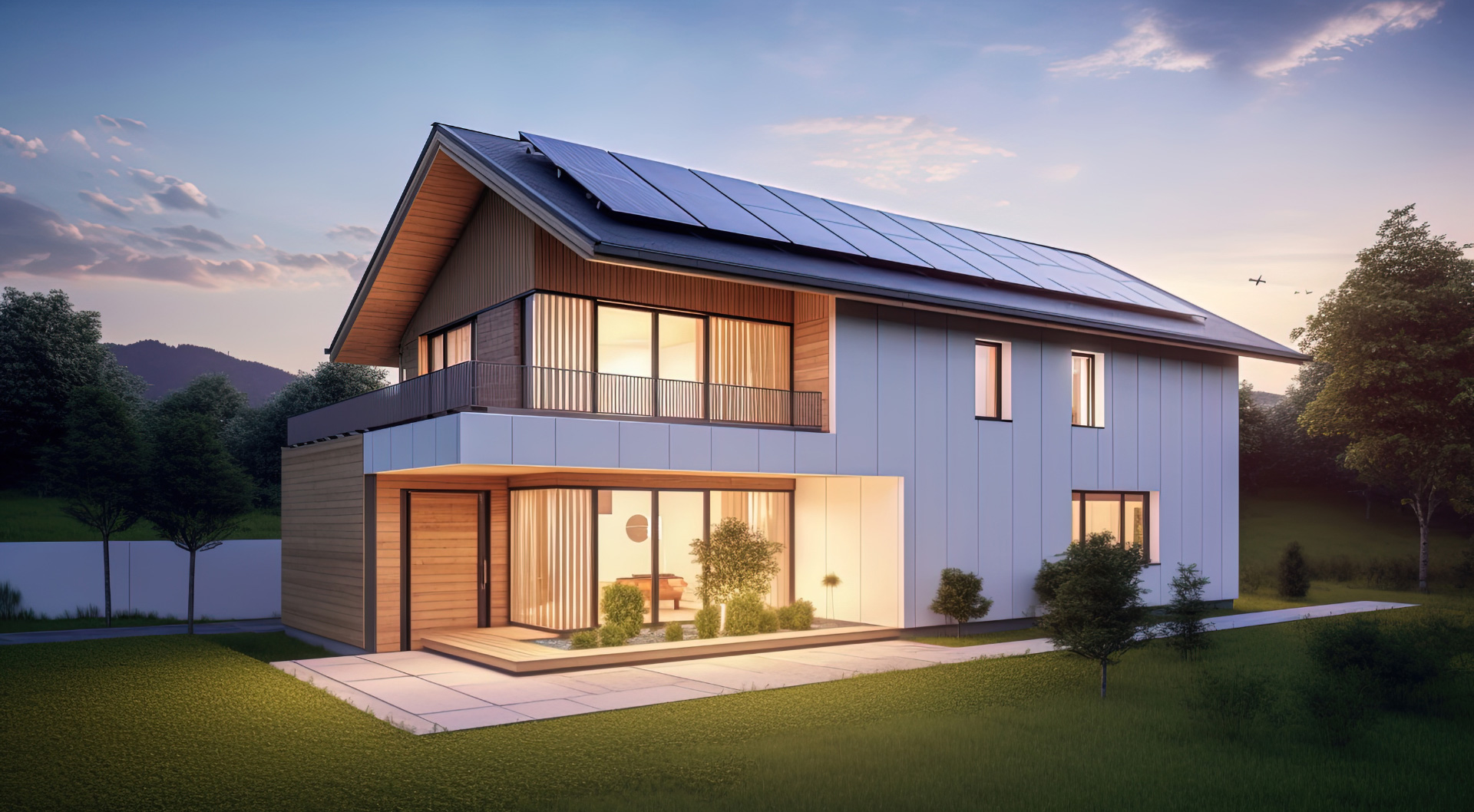Solar panels are a popular choice for modern homes. They provide an eco-friendly way to generate electricity. They can be used to lower your energy bill and provide basic power during local outages. You see an increasing number of homes in every neighborhood gleaming with solar panels, passively soaking up the sun and converting sunshine into electricity.
One thing people often wonder is how effective solar panels are under different weather conditions. Can you generate electricity on cloudy days? The answer is yes. While clouds affect solar panel efficiency, you will still get some power even under a blanket of clouds.
How Solar Panels Work
Solar panels use photovoltaic cells to convert sunlight into electricity. If you monitor your solar controller, you can watch as different conditions, like shadows or diffusion, affect your voltage generation. Cast a shadow over a panel, or throw a blanket over one panel to watch the change.
Direct light generates the most power, but diffuse sunlight is almost as effective. Cold sunny days generate as much electricity as hot sunny days because it’s light, not heat, that makes the difference.
Solar Panel Performance on Cloudy Days
How do clouds affect solar panel generation? It depends on the heaviness of the clouds. Clouds diffuse the light, but they don’t block it entirely. Therefore, solar panels typically continue to generate electricity even on overcast days.
On partly cloudy days, solar panels can sometimes maintain up to 80% effectiveness. Under heavy clouds and rain storms, when the sky visibly darkens, you may experience as little as 20% power generation.
Of course, because the sun isn’t really gone, your panels are still soaking up some amount of sunlight to turn into electricity. You can typically guess the efficiency of your panels based on the color of the sky and the brightness of the day, even if raindrops are falling.
Strategies to Maximize Solar Energy on Cloudy Days
If you live in a climate known for cloud cover, you can still enjoy solar panels by maximizing your solar energy on cloudy days. Start by choosing high-efficiency solar panels that can make the most of cloud-diffused sunshine. Then, make sure your solar panels are properly positioned to catch the maximum amount of sun per day. That typically means facing south at a roughly 40-degree angle (for North America).
You can also store up solar power from sunny days to use on days with heavy clouds. A good battery system can provide a lot of benefit in climates with very sunny and frequently cloudy days.
Solar is Effective in All Types of Weather
Solar panels still work on cloudy days. The percentage of cloud heaviness will simply influence the efficiency of your panels. On most sunny yet overcast days, your panels will work almost as well as in clear skies. But you will still generate some energy even under heavy clouds and stormy seasons.
Contact us today to get a custom solar panel system that meets your home’s unique energy needs.

